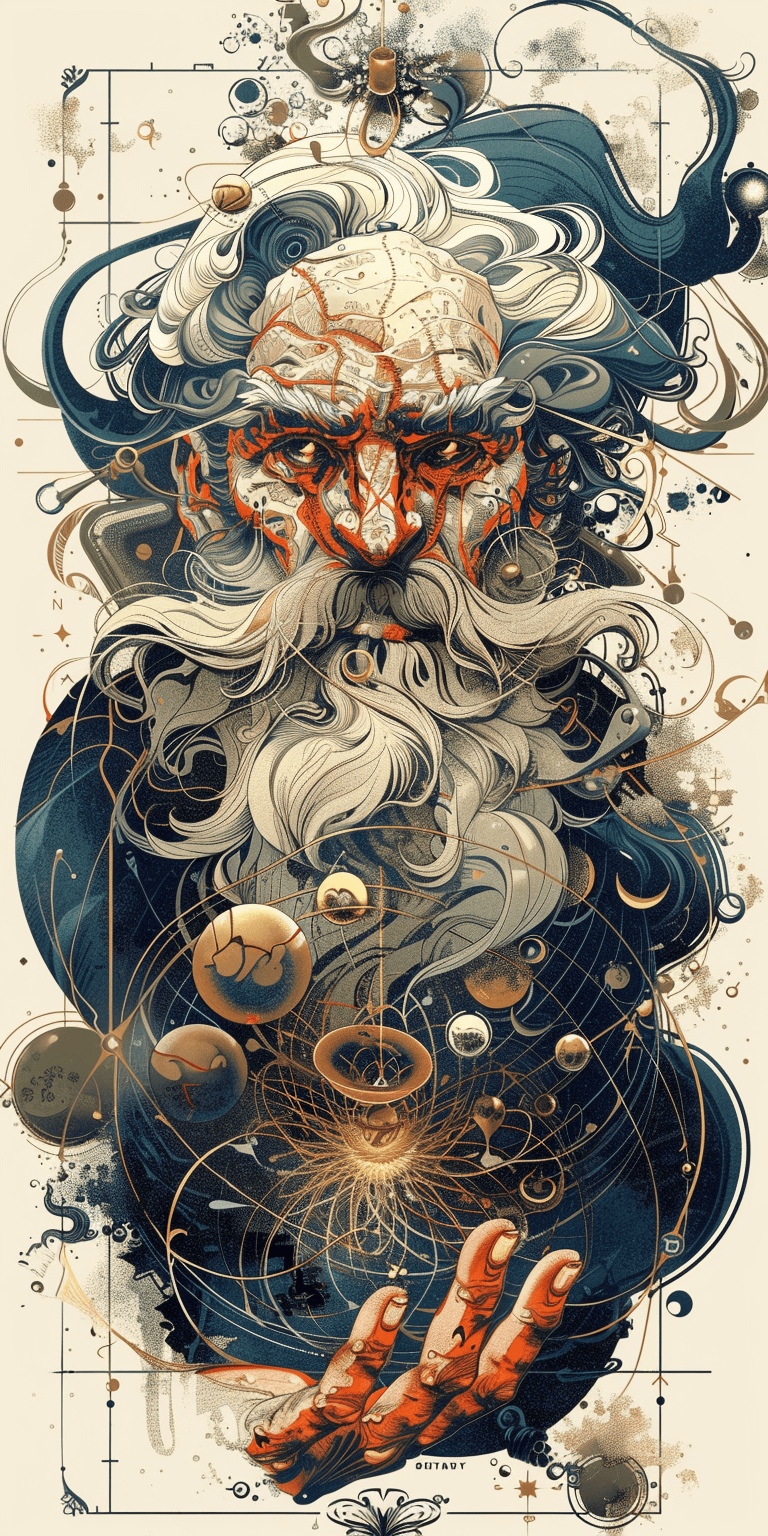Richard Dawkins was once in his Oxford University office surrounded by books from floor to ceiling, when the interviewer noticed the only book on Dawkins’ desktop was a Bible.
Queried about this, Dawkins, well-known for slamming all things related to religion, responded by pointing out that the Bible was probably the best single source of human plots and tales of intrigue to be found anywhere.
True or not, that tale was mirrored by a National Public Radio, or NPR, interview with a professor at Boston University who, looking to her next term, intended to use the Bible as her chief source material for an upcoming graduate course in English literature.
Why? For the same reason Dawkins gave.
Every morning since the pandemic began, one of the first things I do is to listen to the homily of the day given by one of the brothers of the Society of St. John the Evangelist.
The order was founded in Oxford in the mid-18th century. Its home monastery now overlooks the Charles River in Boston and is located but a short walk from Harvard University and a little longer from the Massachusetts Institute of Technology, two of the top universities in the United States.
Again, you might well ask, why listen to a bunch of Christian Episcopalian monks on the Charles?
The answer is simple: among their several responsibilities, the brothers counsel students and probably not a few of their teachers and beyond that offer programs which reach a wide international audience.
The homilies offer wisdom about human relationships and, in their case, a Christian God. And if every reference to God or Jesus was snipped out of their homilies, the overall wisdom remains.
This morning was no exception: referring to friendship and using poetic language, Brother Luke spoke of “being a safe, trustworthy person — a good companion, weep with those who weep — and calling forth another’s song.”
Who can argue with those words, whether they come from a Christian, Jew, Muslim, Buddhist or Hindi mouth or perhaps someone who wasn’t of any particular religious persuasion?
It’s probably safe to say that if there is a God of all that has been, is and will be, that being would have created the universe, all the stars and galaxies, every particle and every force and natural law, uncertainty at the subatomic level and life in at least one place for certain and quite possibly many other places in the universe.
The same God would have created the evolution of life from simple single cells to complex single cells, to cohabiting cells, to simple multicellular organisms, to complex, even highly intelligent social species including modern humans through a combination of chance and natural selection.
That same God would also be responsible for the natural forces which shape the movements of continents, volcanic eruptions, climate shifts ranging from droughts to flooding monsoons and hurricanes and collisions with comets and other extra-terrestrial bodies, which from time to time sometimes drive many lifeforms into extinction.
Again, the same God would be the means by which life goes on from generation to generation with the possibility that mutant genes might develop from time to time, which sometimes cause serious, even fatal diseases such as Huntington’s dementia — again, all through natural processes and accidents.
Once more, that same God would have been responsible for the emergence of a sense of fairness and unfairness and a willingness to look after others in need of care, sometimes at great risk to yourself, something females of many species do for their young.
So, a moral sense is not limited to humans, but belongs to many species, as do cruelty and killing. How many predators could survive without killing animals lower in the scale?
Not many – the current top predator species, humans, regularly kills on industrial scales in conflicts to control, territory, riches, and food, and ravages the planet through climate changes related to those selfish activities.
Albert Einstein, perhaps the most famous scientist of the 20th century, was well-known for his quips about God.
His God was mostly about the sense of awe he and other theoretical physicists felt when they looked at the immensity and order of the universe.
The same Einstein felt that if there was a God, that God didn’t interfere with the natural world to favour humans.
For many years I felt that way. Now I’m not so sure, but what I am sure about is that if there is a God, that God must be responsible for the whole shebang of what we understand now and will come to understand in the future about the universe, life, and the natural physical and biological laws.
Such a God will truly be well beyond our wildest imagination and any sectarian beliefs, as illuminating as they sometimes are and whatever their cultural value may be for societies when and where they exist.
Thoughts?
Dr. William Brown is a professor of neurology at McMaster University and co-founder of the InfoHealth series at the Niagara-on-the-Lake Public Library.










